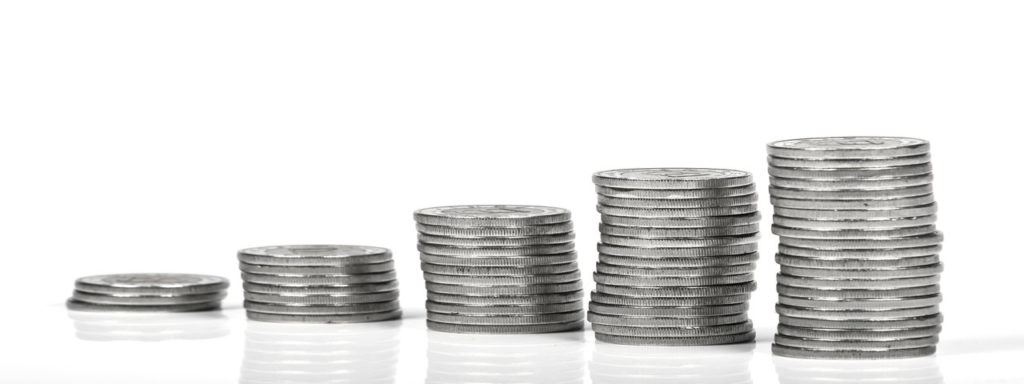Occasional Lecture: From Crisis to Confidence – macro-economics after the crash
Time:
- 08/07/2014
17:30
Roger Koppl is Professor of Finance in the Whitman School of Management of Syracuse University. Koppl has served on the faculty of the Copenhagen Business School, Auburn University, Fairleigh Dickinson University and Auburn University at Montgomery. He has held visiting positions at George Mason University, New York University and Germany’s Max Planck Institute of Economics. Professor Koppl is a past president of the Society for the Development of Austrian Economics. He is the editor of Advances in Austrian Economics.
RSVP: via email or on 0207 799 8900.
Location
Venue:55 Tufton Street, London, SW1P 3QL
Address:

